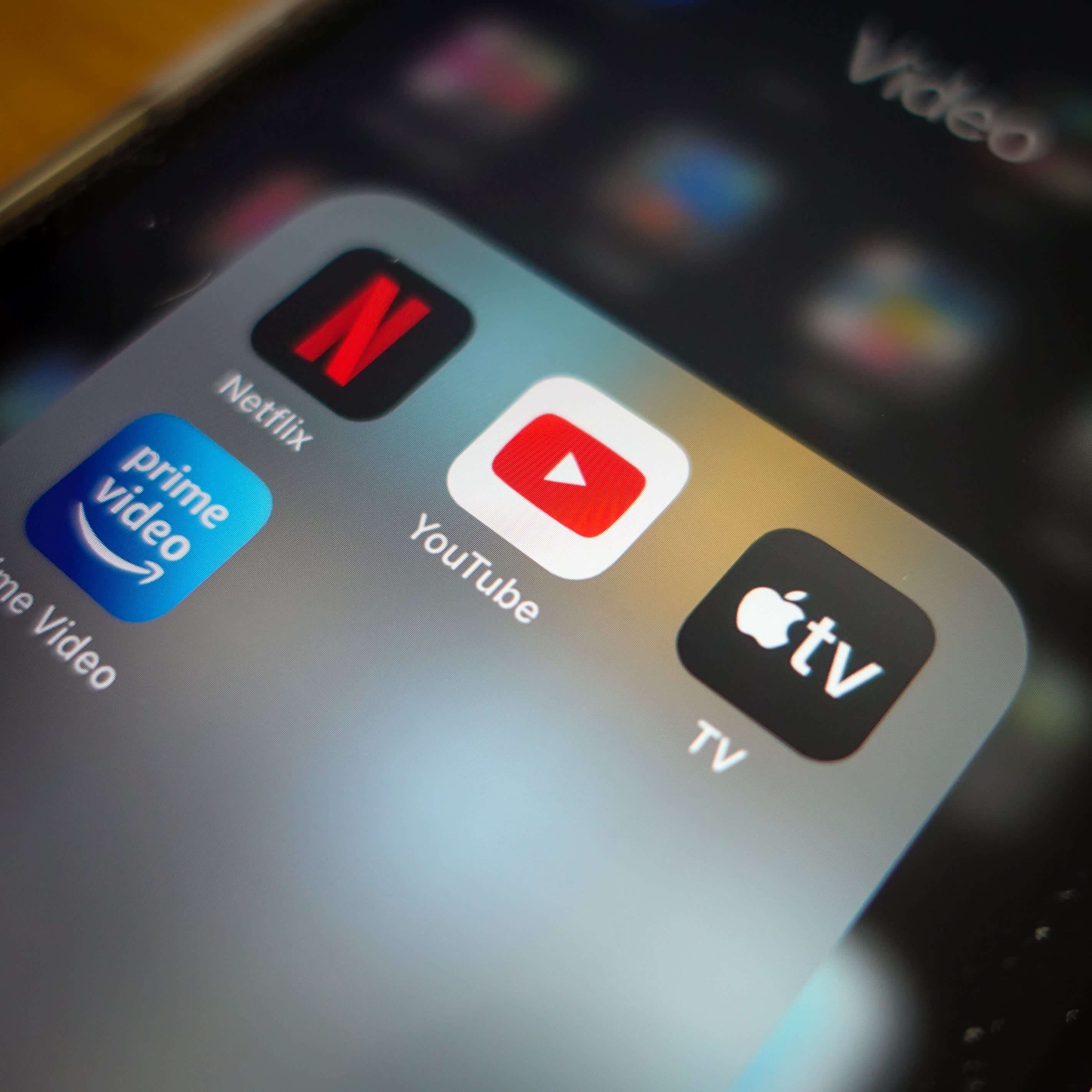Netflix, Apple TV and Prime Video.
egadolfo
I signed up recently for a clothing subscription service called NUULY. The company lets you wear six items a month for $88. But what the service provides me feels deeper.
For that fee, I can arrive to a date in a $860 designer coat, which wouldn’t normally be easy to pull off on a journalist’s salary and with a heap of student loan debt. The subscription allows me to give off the vibe that my closet is brimming with shirts and dresses cut from the latest trends rather than containing fraying cardigans and the other items I’ve held onto since high school. Honestly, I’ve felt more confident lately.
Our subscriptions can have a powerful hold on us, according to a study published this month in the Journal of Consumer Research. We chose brands, in part, as a way to “affirm, construct, and communicate,” our identities, the authors write.
You shouldn’t let your worries about how you’re going to see yourself get in the way.
Jennifer Savary
assistant professor of marketing at the University of Arizona
“You see yourself as someone who would drive a Lexus or wear a Gucci bag,” said Jennifer Savary, one of the authors of the study and an assistant professor of marketing at the University of Arizona. “Sometimes that’s aspirational, but a lot of brands are really effective at creating meaningful associations that aren’t just about money.”
Yet this form of self-expression can cost you, nonetheless.
The subscription market has grown by more than 100% each year over the last five years, and rakes in $2.6 billion annually, according to research by McKinsey & Company. The average American shells out nearly $240 a month for their subscriptions. And a mountain of research shows some people continue to pay for services and products they don’t want or use.
Fantasy, fairy tale, vintage background in room with curtain and mirror. Computer graphics.
Ann_Mei
Over years of research, including six studies and hundreds of participants, Savary sought to understand why people are so reluctant to unsubscribe. She and her co-researchers homed in on people with low “self-certainty.”
“Some people are very sure of who they are,” Savary said. “And there are others who are more unclear.
“They ask: ‘Am I doing the right things with my life?'”
Those people (which sounds like all of us on at least some days) can find it harder to ditch subscriptions if they believe those services or products help solidify their identity. And companies prey on our shaky senses of self. They know most of us want to signal things about ourselves: Status, power, glamour, practicality. “The list goes on and on,” Savary said.
More from Personal Finance:
This age could be the new benchmark for retirement
This small profession aims to fill a gap financial services
What you need to know about your 2020 Medicare costs
Maybe you subscribe to The Economist or The New Yorker, but haven’t read a page in months. “People subscribe because they want to believe they’re an intellectual, but in the day-to-day you never get around to it,” she said.
To feel less reliant on external validation, Savary said, people should focus on the parts of themselves they’re sure about – maybe your degree(s), your relationships, your favorite characteristics.
“You shouldn’t let your worries about how you’re going to see yourself get in the way,” she said.
Maybe one day I’ll be there. For now, I’ll still be spending my lunch break scrolling through NUULY, plotting who I’ll be this spring.
